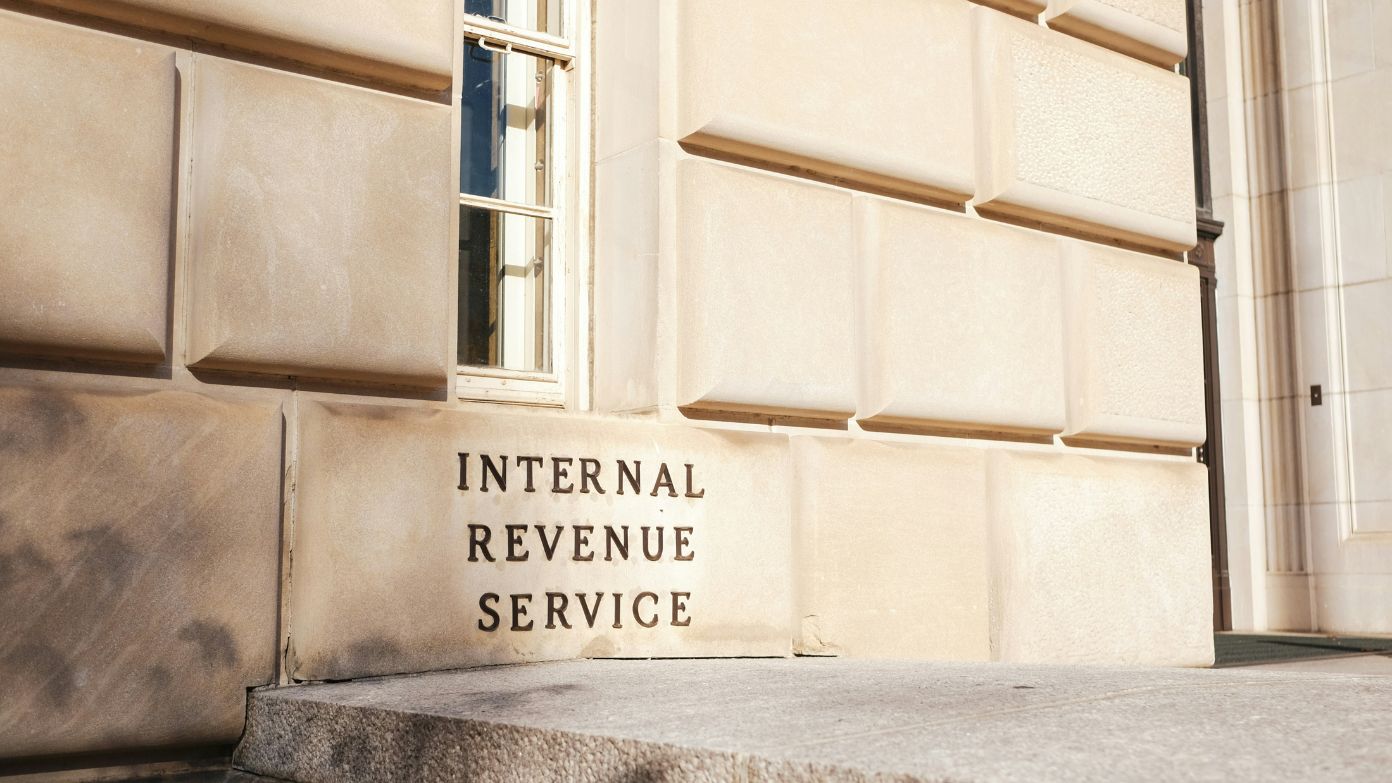The way the federal government sends out payments is about to change for good. Starting September 30, the IRS, Social Security Administration, and other federal agencies will stop sending paper checks. From that date, payments will only be sent electronically.
If you still rely on a paper check, this change directly affects you. Here is what you need to know so you can avoid delays or interruptions in your money.
Why are paper checks ending
The move away from paper checks is not random. The government has explained a few key reasons:
- Fraud is on the rise. Since the pandemic, check fraud has gone up by more than 385 percent. This includes altered or stolen checks, many of which affected IRS and Social Security payments.
- Paper checks are expensive. It costs the government about 50 cents to issue each check. Electronic transfers can cost less than 15 cents. Multiply that by millions of payments, and the savings are significant.
- Delays and risks. Paper checks are 16 times more likely to get lost, stolen, or delayed compared to direct deposits.
Recommended:
What federal payments are affected
The September 30 deadline covers nearly every type of federal payment. That includes:
- IRS tax refunds and other IRS payments
- Social Security benefits
- Veterans Affairs (VA) payments
- Medicare-related payments tied to Social Security
- Civil service and railroad retirement checks
- Payments from the Department of Labor and other agencies
Simply put, if you are still receiving a physical check from the federal government, you will need to switch to electronic payments before the deadline.
How to get your IRS refund after September 30
If you usually receive your IRS refund by paper check, you will now need to choose a digital method. You can set up:
- Direct deposit into your bank or credit union account
- Direct deposit into a prepaid debit card (reloadable cards are accepted)
- Transfer to a mobile app such as PayPal (if supported by the IRS)
If you already receive your refund by direct deposit, you do not need to take any action.
Recommended:
When should kids get their first bank account, debit card?
How to pay taxes without a paper check
You will also no longer be able to pay your federal taxes with a physical check. Instead, you have several digital options:
- Use the Electronic Federal Tax Payment System (EFTPS)
- Pay directly from your bank account using IRS Direct Pay
- Pay with a debit card, credit card, or digital wallet through your IRS account
The change may feel different at first, but it is designed to make payments safer and faster.
What if you do not have a bank account
Not having a bank account does not mean you will be left out. The U.S. Treasury offers a Direct Express Prepaid Debit Card that works like a regular debit card. It does not require a credit check, minimum balance, or enrollment fee. Your benefits or refunds can be loaded directly onto the card each month.
Recommended:
Are there any exceptions or waivers
In rare cases, you may still qualify for a waiver to keep receiving paper checks. Waivers are approved only if:
- You are over 90 years old
- You live in a very remote area without access to electronic banking
- You have a documented mental disability that makes electronic payments hard to manage
If you think you qualify, you can request a waiver by calling the Treasury Electronic Payment Solution Center at 1-855-290-1545 or filling out Form 1201W.
How to avoid scams during this transition
Unfortunately, scammers may use this change to trick people. Here are a few things to keep in mind:
- No federal agency will ever call, text, or email asking for your bank details or login information.
- Only update your information through official sites such as SSA.gov or IRS.gov.
- If you get a message that feels urgent or suspicious, double-check with a trusted family member or contact the agency directly.
Related article:
COLA forecast may push 2026 average Social Security check to $2,062

